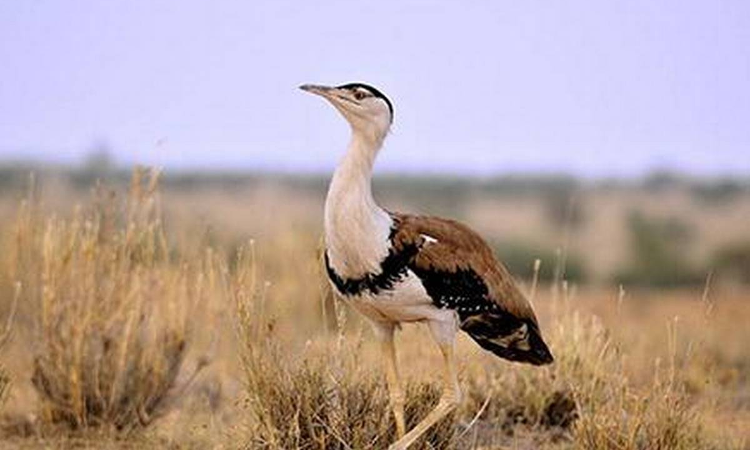After Karnataka High Court Rap, State Govt Reconstitutes Expert Committee For Great Indian Bustard
Mustafa Plumber
2 Feb 2021 10:13 PM IST

Next Story
2 Feb 2021 10:13 PM IST
After the Karnataka High Court expressed doubts about the expertise of members appointed by the state government in the advisory committee formed for the conservation of Great Indian Bustard (GIB) in the state, the State government has reconstituted the committee. Advocate Vikram Huilgol appearing for the state on Tuesday submitted a memo to the court informing that Chief Conservator...
